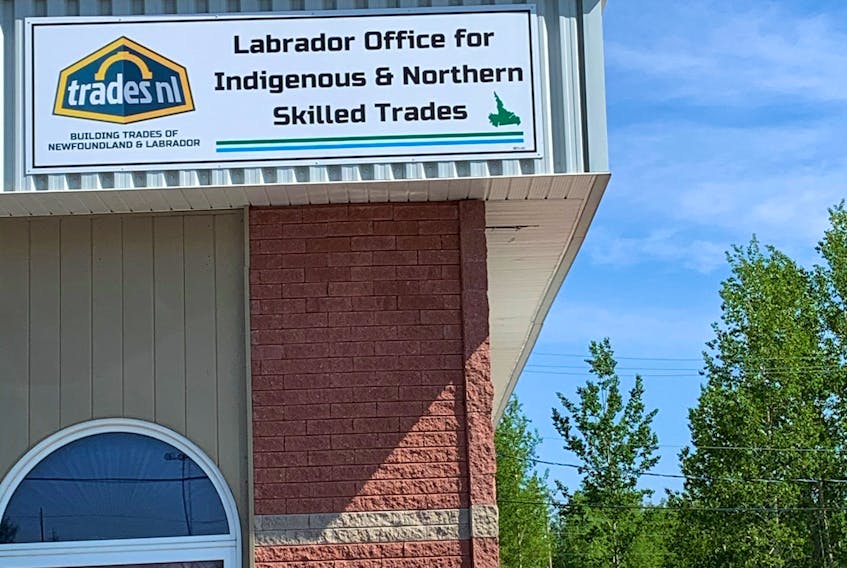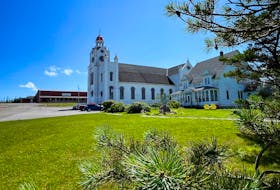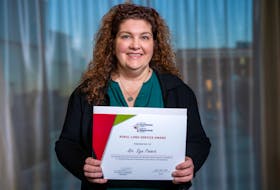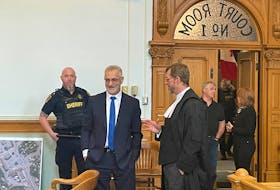The provincial government announced funding a few weeks ago to help establish a new office in Happy Valley-Goose Bay, the Labrador Office for Indigenous and Northern Skilled Trades.
The office, led by Trades NL, is to work with the various Indigenous groups in the province to help promote and mentor apprentices.
Darin King, executive director of Trades NL, which represents 16 unions, said they have been working on the project for a few years and hope it can help address some of the issues they see.
“The intent is to promote the trades, go out and identify those in the Indigenous population now who have a trade but not have it completed to journeypersons, and put supports in place to help with things like work placements and block exams,” he said.
King said part of the challenge now is finding ways to support those current and prospective apprentices, and getting the various Indigenous governments on board is part of that. The Innu Nation is involved in the project now, and King said they hope to have an agreement in place with the other groups in the future.
“There’s a real education component that we’re engaged in and a lot of community outreach, starting with the Innu communities first. We want to promote the trades in the school system and help people understand the options that are out there for skilled-trades training.” — Darin King
The $1.45 million in funding from the province is earmarked for a variety of things, including registering and case managing Indigenous apprentices, increasing Indigenous representation in construction trades and increasing the apprenticeship completion rates of Indigenous people in the province.
King said the ability to help navigate the apprenticeship and trade union systems is part of the expertise his organization can bring to the partnership.
“There’s a real education component that we’re engaged in and a lot of community outreach, starting with the Innu communities first,” he said. “We want to promote the trades in the school system and help people understand the options that are out there for skilled-trades training.”
Paul Rich, former chief of Sheshatshiu and a past CEO of the Innu Development Limited Partnership, is the manager of the new office in Labrador, and he said having Trades NL on board is a boon.
“A lot of the skilled trade work here is construction-related and it's important having the unions working together with the Indigenous people,” he said. “It can make sure that the contractors that are coming to work understand how important it is to involve Indigenous people because it’s a win-win.”
Rich said the office is an important step for helping Indigenous people get more involved in the skilled trades in Labrador and it’s an opportunity that’s been needed for some time.
A lot of Indigenous people in the skilled trades in Labrador haven’t been able to work on the megaprojects such as Muskrat Falls for a variety of reasons, Rich said, and they’re planning to change that.
“Young people need a place to go and discuss it and see the opportunity of what’s there,” he said. “That kind of picture, we’re not just talking about community development, we’re talking about being involved in big projects, big developments, whether it's hydro, mining, forestry. This is what the office is all about.”
They’re looking at getting Indigenous apprentices working on all these projects in Labrador, Rich said, which would make sense both for the people and the companies.
There have been a lot of skilled trade workers brought into the region for projects such as Muskrat Falls, Rich said, and they need to try to break that cycle when local people are available.
"It doesn't make sense to bring in people and only hire a couple of local people," he said. "That's what we're working on."
Evan Careen is a Local Journalism Initiative reporter covering Labrador for SaltWire Network








